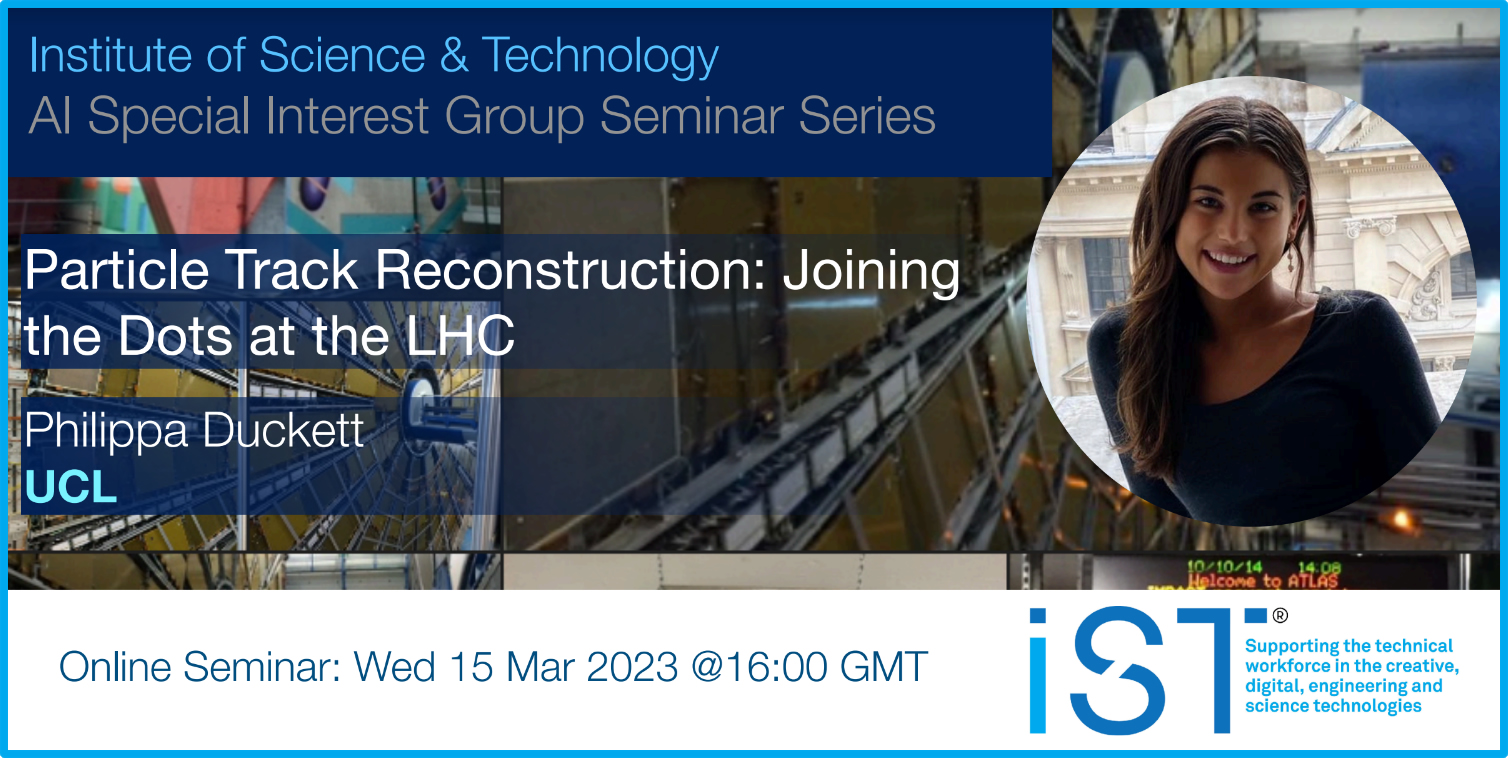
Summary
To explore the fundamental particles that make up our Universe, the Large Hadron Collider (LHC) at CERN collides protons at close to the speed of light, converting this energy to showers of subatomic particles. These short-lived particles can only be observed by the marks they leave in silicon layers when passing through the LHC detectors surrounding the collision sites. Complex algorithms are required to quickly and efficiently reconstruct particle tracks from these 3D points left in the detectors. The LHC produces hundreds of millions of collisions every second. Track reconstruction must occur within a fraction of a second to allow the most promising collision events to be selected and stored for downstream analysis tasks. The complexity of the problem has attracted more and more research in recent years into smarter algorithms and various machine learning approaches for the multiple stages of turning detector hits into particle tracks at the LHC.
Please note pre-registration is required.
Philippa Duckett is currently studying for a PhD at UCL working on the tracking of particles produced in proton-proton collisions in the Large Hadron Collider (LHC) at CERN. Her work focuses on the novel use of machine learning methods to improve the speed and quality of charged particle track reconstruction in the ATLAS detectors. As well as her PhD research, Philippa has been involved in various machine learning projects including working with ASOS exploring recent advances in Natural Language Processing to improve their search feature and with Exscientia using Graph Neural Networks for novel drug design. Philippa attended Jesus College, University of Oxford and was awarded a First-Class Honours MPhys Master’s Degree in Physics in 2021. She specialized in Particle Physics in her Master’s research project where she focused on analysis of particle decays at the LHC.

